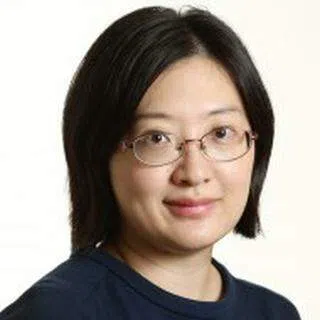How Jenny Lee became Asia’s ‘Iron Woman’ of venture capital
Singaporean venture capitalist with Granite Asia Jenny Lee has shown that through grit and determination, one can get things done. Pivoting from an engineer to a venture capitalist, Lee shares her journey, what it takes to be a successful investor, as well as her outlook on the capital market in Asia, in an interview with Lianhe Zaobao associate business editor Hu Yuanwen.
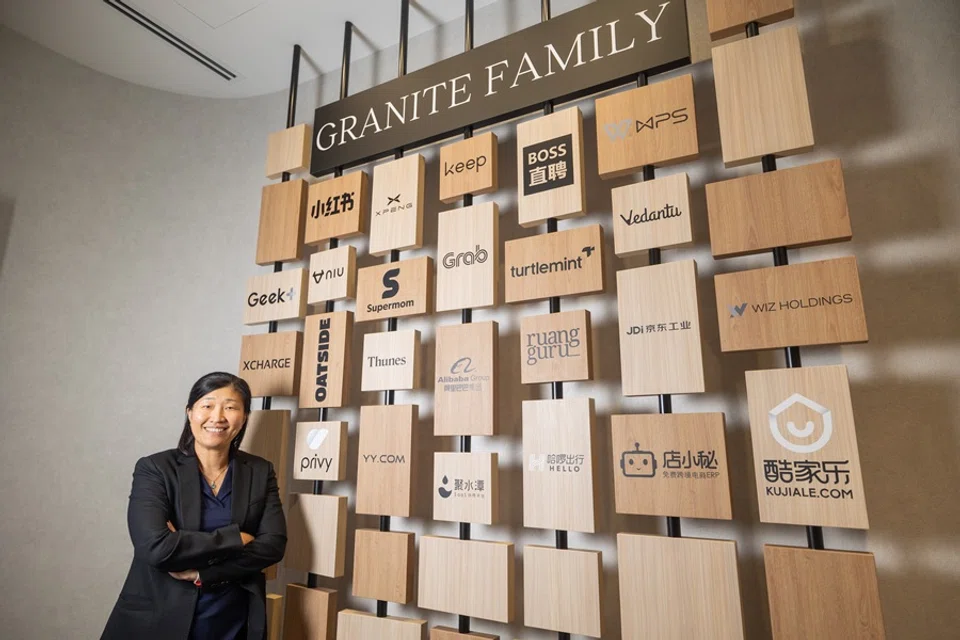
“Even if you left me on a desert island, I would survive.”
This is no empty boast. In the past three decades, Singaporean venture capitalist Jenny Lee has proven her mettle with her trailblazing spirit. She said, “When you’re not afraid of going it alone, and you believe you can just hoist your sail and set off, nothing in the world will scare you.”
Fifty-three-year-old Lee, a well-known venture capitalist and senior managing partner of Granite Asia, took time out from a jam-packed schedule to sit down with Lianhe Zaobao for a chat. She had ten back-to-back meetings lined up and had come into our interview immediately after the end of an investment meeting.
When asked if she had time for lunch, her colleague laughed and said, if there was a pill to replace meals, Lee would definitely choose that over eating.
Leaving the iron rice bowl of ST Engineering
There’s a popular anecdote about how Lee’s life took a turn in 2001. The dotcom bubble had burst, the September 11 terrorist attack had happened that year, and the global economy was in the doldrums. It was also when Lee chose to cast aside the iron rice bowl her job with ST Engineering offered, borrow S$300,000 to break her scholarship bond, and set off to Hong Kong to knock on Morgan Stanley’s door, saying, “I want to work here, I don’t need a salary.”
She recounted, “When there’s no way back, you can come up with all kinds of ideas.”
How much was S$300,000 back then? Supposing a yearly inflation rate of 2%, $300,000 in 2001 would be equivalent to at least S$480,000 (US$370,000) today. Lee paid the sum off within a year. She was not from a wealthy family: her father was a primary school teacher, while her mother was a housewife. She grew up in a three-room HDB (Singapore’s public housing) flat with her family in Toa Payoh.
In Lee’s investment portfolio are stellar names, including Alibaba and Xiaomi.
What opened the door for her was not her willingness to work without pay — it was her engineering degree from Cornell University, a Master of Business Administration from the Northwestern University Kellogg School of Management, and her work experience at ST Engineering.
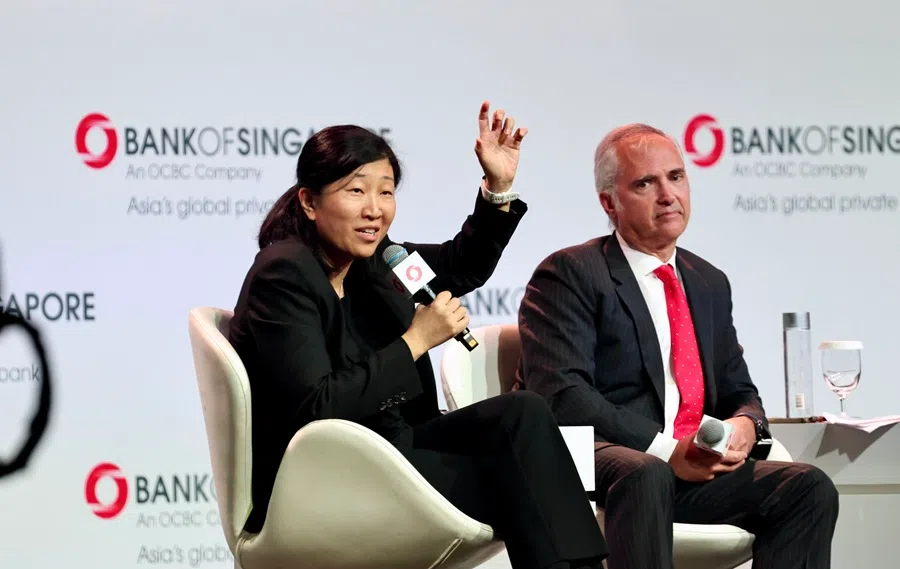
In 2005, Lee landed in Shanghai with a suitcase full of renminbi, to fill the role of partner at GGV Asia — the predecessor of Granite Asia — in charge of the firm’s China investment plan.
She had not used Mandarin in over ten years, but that did not stop her from becoming a noteworthy investor in China.
In Lee’s investment portfolio are stellar names, including Alibaba and Xiaomi. When she picked Xiaomi, they had come to her with only a prototype of a mobile phone. Today, the company has a market value of HK$1.45 trillion (approximately US$186 billion).
There are other big names on her list: Didi, Rednote, Full Truck Alliance (Manbang), Xpeng, Kingsoft, Zuoyebang and EHang.
In late 2016, when the shared bike companies were slugging it out in China, ofo and Mobike were emerging as the two biggest winners, drawing investment from Sequoia Capital and Hillhouse Group. But Lee chose not to go down the path well-trodden. After discussions with the partners, she decided to bet on the number three: Hello Bike. The company had fought its way in from the third- and fourth-tier cities, and had just recently upped the number of bicycles it offered in Singapore.
And when Lee first chose to invest in livestreaming platform YY, the term “influencer” had just popped up.
Over the past two decades, Lee has played a part in creating 21 unicorns — companies with a market value of over US$1 billion — with 18 listing successfully.
An industry legend
In the Forbes Midas List, which ranks the world’s top performing venture capitalist for the year, Lee’s name has been making regular appearances since her first mention in 2012. This year, her name appears once again alongside her colleague of over 20 years, Jixun Foo. Lee is also a frequent presence in global top 100 most influential women lists.
Over the past two decades, Lee has played a part in creating 21 unicorns — companies with a market value of over US$1 billion — with 18 listing successfully. Her achievements have earned her the nickname of “Iron Woman” and “Fighter Jet” within the industry. An investor who had worked with her said that she seemed to be online 24 hours a day, “When we’re sleeping, she’s still awake; when we’re waking up, she has already started work.”
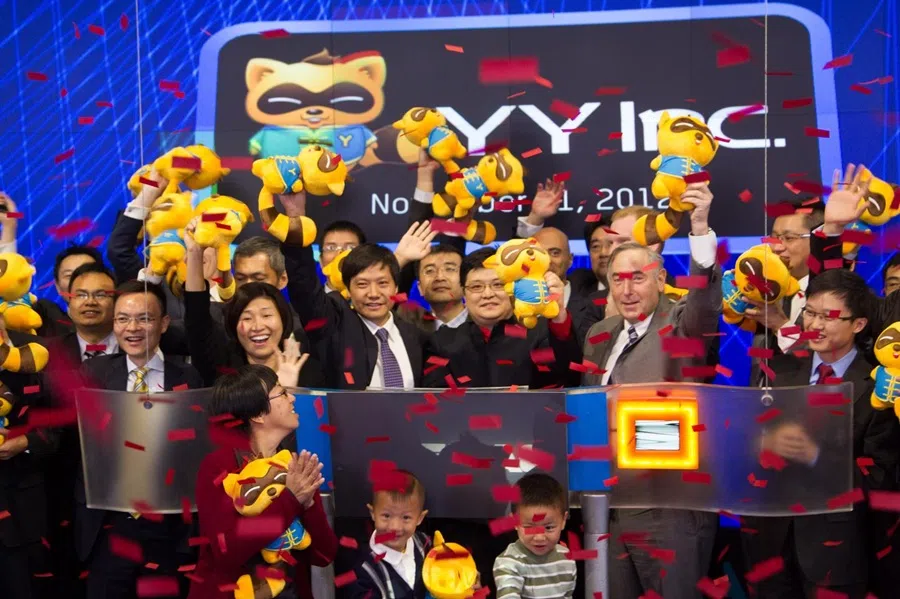
During the Covid-19 pandemic, Lee took part in 250 online meetings in four months and raised some US$2.5 billion, sealing her status as an industry legend.
The “Fighter Jet” nickname came about from her experience as a jet engineer during her time at ST Engineering. She was then the only woman in the maintenance team, and often had to carry out repairs on fighter jets under the burning sun. There she also learned to work with people from very different backgrounds, from fighter pilots to warehouse staff.
An employee joked that whenever the company organises a sporting event, everyone would fight to be on Lee’s team, “otherwise there’s no chance of winning.”
Competitive by nature, Lee joined the kayaking club when she was in junior college without prior experience, and in two years, her team won the interschool championship. An employee joked that whenever the company organises a sporting event, everyone would fight to be on Lee’s team, “otherwise there’s no chance of winning.”
So what is Lee’s weakness? She laughed and said that she is not good at singing.
Lee’s desire to venture overseas might not have come about if not for a trip to New Zealand. Speaking at an event once, she said that she had grown up in Singapore and felt life was good — the island offered sunshine and sea breeze, and she felt she could stay all her life. Singapore was also very safe and orderly, and there were well-established paths within society. If you studied hard and did well in school, you had a chance at one of four careers: doctor, lawyer, accountant and engineer.
During her time in school, she joined the Girl Guides, which brought the opportunity to travel to New Zealand at the age of 13 to take part in an international Girl Guides camping event. The vast horizons and natural scenery ignited her desire to see the world, and that was when she decided to study abroad.
Finding out the difference between New York State and New York City
Before Lee left for university in the US, she had little idea about the country. In 1989, the internet was not yet available, and she could not search for information about the school she was going to. Cornell was in New York State, and in her mind, she was headed for New York City; but as it turned out, it was a far more remote place than she had expected. She spent the next four years studying hard and did not return to Singapore even during holidays.
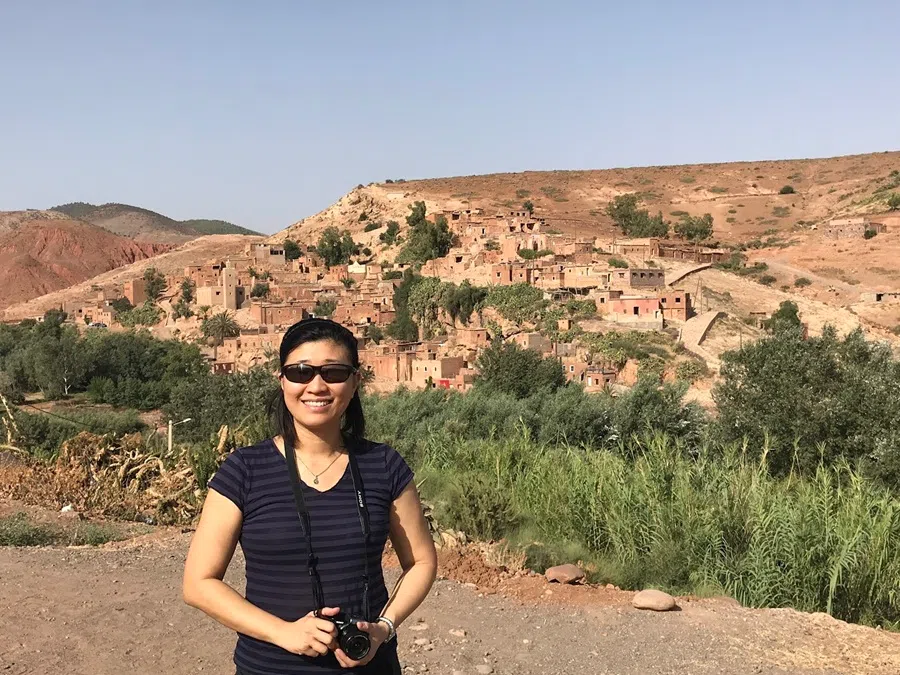
Lee recalled that there were four students from Singapore studying there at that time, but they were not in contact with each other as each of them was studying different subjects. She must learn to live among foreigners and actively participate in class, competing to ask questions.
On a ski trip, Lee once tore a tendon and had to undergo two surgeries. But she didn’t tell her parents — she knew they would worry. She felt the injury was her own doing, and that taking responsibility for it was simply part of growing up.
Lee was studying electrical engineering and described herself as “geeky” — a term that carried a slightly negative connotation at the time, but has since come to celebrate a passion for computing and internet culture. A big sci-fi fan, she once dreamed of becoming an astronaut or a genetic engineer.
“I was deeply curious and had a strong desire to explore anything new,” Lee said, adding, “When I come across people or situations, I don’t have any assumptions or biases, and keep an open attitude. This is how you can get unexpected rewards and information.”
“... you must have a strong ability to deal with setbacks. You will never get a 100% success rate with investing, and you have to tell yourself from day one that failing is the norm.” — Jenny Lee, Venture Capitalist, Granite Asia
Both engineers and investors need strong analytical skills and sound judgment. Relying too much on subjectivity risks missing key opportunities in a constantly changing world.
She said, “There’s another important quality: you must have a strong ability to deal with setbacks. You will never get a 100% success rate with investing, and you have to tell yourself from day one that failing is the norm.”
Lee was candid about past failures. She shared, “Sometimes the timing is just too early — like when we invested in solid-state cooling technology ten years ago, and it still hasn’t caught on. Other times, it’s about picking the wrong person or changes in the entrepreneurs themselves that cause the project to go off track.”
Setting out again from Singapore
Work took Lee around the world, but she is back in Singapore now, and ready to set out again — not just for Granite Asia, but also to play a more active role in Singapore’s capital market and to contribute to the nation’s next stage of development.
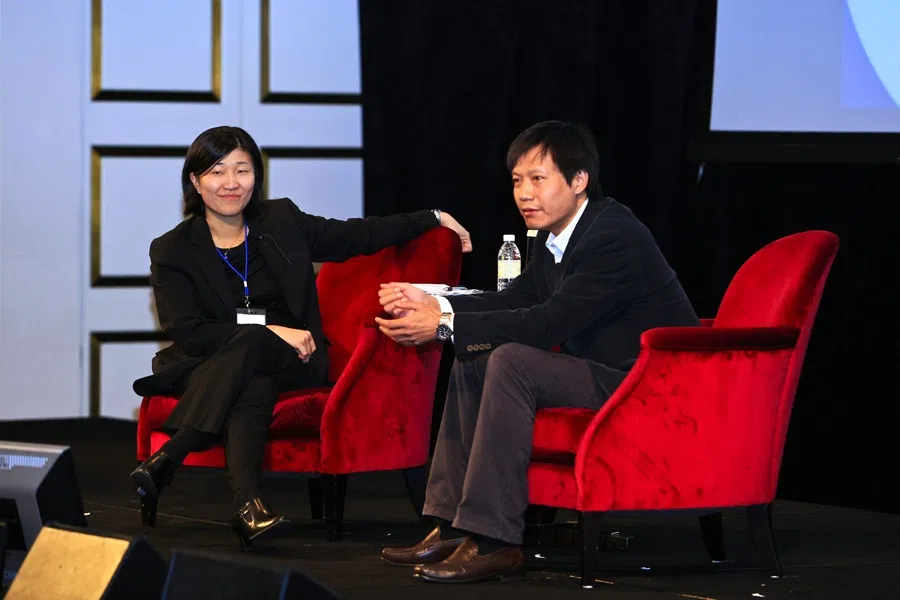
After experiencing the wave of initial public offerings (IPOs) in China, Lee is now moving to rejuvenate the stock market in Singapore. When she was studying in Hwa Chong Junior College (now Hwa Chong Institution), one of her classmates was Ng Yao Loong, head of equities at Singapore Exchange (SGX Group). They have stayed in close contact, and recently, jointly wrote an op-ed for Lianhe Zaobao, expounding the importance of IPO activity for the local market.
She explained that the capital market ecosystem comprises three key components: investment, management and exit. Venture capitalists seek out companies with strong growth potential. Beyond providing capital, they also contribute their experience and networks to help start-ups grow. When the time is right, they exit the investment and begin searching for their next opportunity.
The US boasts the most vibrant venture capital market with a deep capital market, largely because it excels at the final stage of the cycle — exits — offering opportunities through IPOs and mergers or acquisitions. As a result, many Asian start-ups often choose to go public in the US.
Lee said that a capital market of adequate scale, order and liquidity has yet to develop in Southeast Asia. “If this problem is not solved, we will keep getting stuck at investment and management, once a company reaches a certain size, it will have to go abroad,” she said.
“If the local market can retain entrepreneurs and capital, and companies can list here, they will grow into large enterprises. These big companies can then acquire smaller ones, creating a sustainable cycle.” — Lee
Lee added, “The funds, entrepreneurs, and their wealth tend to stay abroad and only return when they retire. This is not what we want. If the local market can retain entrepreneurs and capital, and companies can list here, they will grow into large enterprises. These big companies can then acquire smaller ones, creating a sustainable cycle.
“We hope to build a strong ecosystem in Southeast Asia where second- and third-time entrepreneurs choose to stay, continue building companies, attract investments, and drive the development of the next generation.”
She said candidly that this was a tough mission, “but the Singapore government and agencies are all strong executors. I’m naturally optimistic — I believe we must have hope, but also be clear about where the challenges lie.”
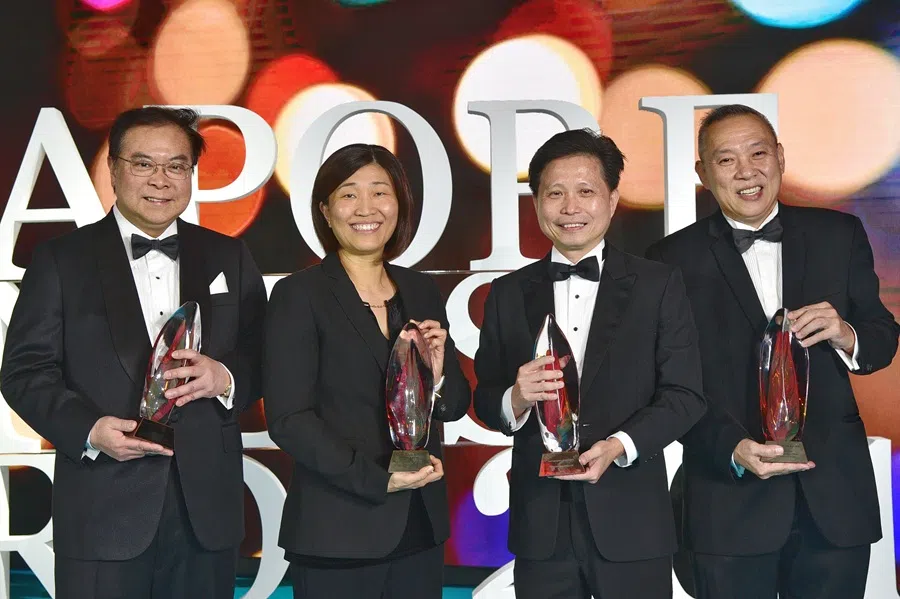
When she discussed GGV Asia, the predecessor of Granite Asia, she said that while it was known for being a China- and US-focused VC, not many are aware that it was established in Singapore in 2000. With the exponential growth of investment opportunities in China following its founding, Lee and another local partner Jixun Foo spent most of their time scouting investment opportunities in China, and the US side of the business was left to another team.
In 2023, GGV Asia split into two independent firms: Granite Asia, which focuses on the Asian market; and Notable Capital, which targets opportunities in the US, Israel, Europe and Latin America.
Singapore’s political environment provides stability for capital
Back in 2019, the company had already moved its headquarters back to Singapore. Lee explained, “Investors need to clearly understand the direction of trade flows. From Singapore, you can keenly observe the different trade movements between Southeast Asia and China, the US, India and the Middle East. When it comes to capital flow, Singapore’s political stability and institutional environment are highly trustworthy and predictable, offering a solid and stable base for capital. The same applies to the flow of talent.”
Granite Asia is now helping business founders connect with various markets across Asia through Singapore. She said, “Communicating in markets like Japan, South Korea and Southeast Asia isn’t easy. They need a reliable bridge to connect them.”
The company also formed a joint venture company with Japanese private equity firm Integral this year, to invest in Japanese tech start-ups and support foreign tech companies entering Japan. Japan is also the world’s third largest economy, and Granite Asia is looking to join forces with Japanese companies that want to venture abroad and require a partner to overcome globalisation issues.
Additionally, Granite Asia has recently been collaborating with the sovereign funds of Malaysia and Indonesia to strengthen their investment strategies.
While China and India remain key global innovation hubs, Southeast Asia is rapidly advancing in digitalisation and consumer spending upgrades.
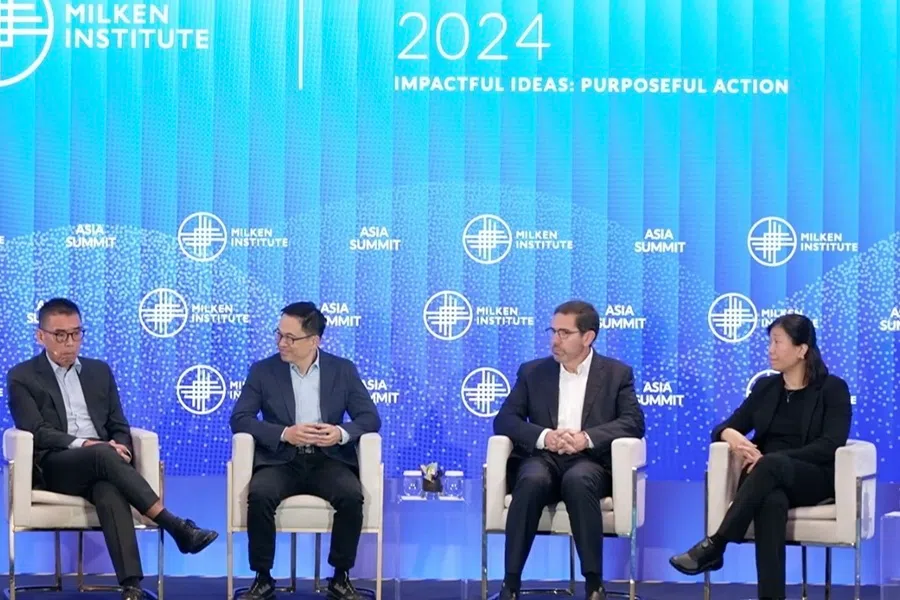
Lee said that the company has been bringing together talent from all over through different projects, playing a role in matchmaking. Last year, Granite Asia teamed up with 65 Equity Partners, DBS, EDBI (the corporate investment arm of the Singapore Economic Development Board), Infocomm Media Development Authority, private equity investment firms KKR and Northstar Group, Singapore Business Federation and Singapore Exchange to launch NextGen Tech 30. It is the first public-private initiative for growth companies that will benefit 30 growth companies in the region.
“We hope to bring talent together through a relatively neutral and market-oriented way,” Lee said.
Portfolio of 300 Asian companies worth over US$5 billion
Granite Asia has invested in more than 300 companies in Asia, managing assets exceeding US$5 billion, and helped create 57 unicorns.
According to Lee, the future of innovation extends beyond Southeast Asia — a new wave of tech companies will emerge across all of Asia. While China and India remain key global innovation hubs, Southeast Asia is rapidly advancing in digitalisation and consumer spending upgrades. In South Korea and Japan, deep tech companies and industrial advancements are also showing great potential. Through multi-asset investments and a pan-regional network, Granite Asia aims to support these companies in establishing bases in Singapore, growing throughout Asia, and ultimately expanding globally.
Lee also pointed out that as companies grow, their needs are also changing. She shared, “Many mid- and high-growth companies are already profitable, and they might not have to dilute their shares through equity funding. They might prefer to look for investors who know the industry, and support their growth through loans. Last year, we launched a new strategy and brought private credit onto the platform.”
Granite Asia’s first private credit fund has already received a commitment of US$250 billion.
“Entrepreneurs today face complex choices from day one: where to locate headquarters, where intellectual property resides, and who the investors are. These factors directly shape their growth path.” — Lee
Keeping up with entrepreneurs in the age of AI
The biggest challenge facing businesses in recent years is the reshaping of the supply chain. Lee said, “Many start-up enterprises face the same challenges.
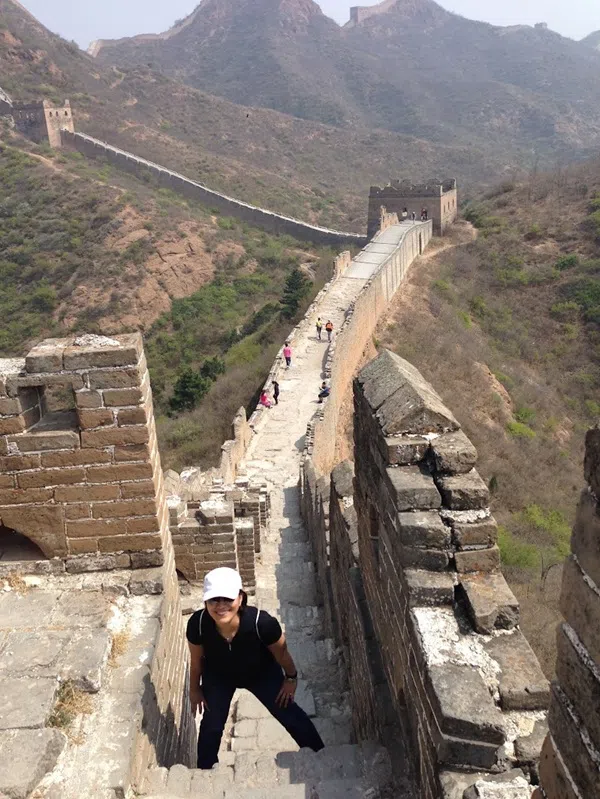
“To produce robots or cars, you need a factory; to produce oat milk, you need a supply chain — where raw materials come from and where production takes place all require careful planning. The sooner you have a clear strategy, the better.”
Artificial intelligence (AI) has profoundly transformed entrepreneurship. Lee explained, “In the past, entrepreneurs would come to us with a business plan to raise funds, then hire staff, develop their product, and consider their market and headquarters later.”
But AI has changed the game. Many companies at the seed or Series A stage now must consider AI’s impact from the start. Tasks that once required ten programmers can now be done by just two or three.
Previously, start-ups sought the cheapest cloud computing and bandwidth to serve global markets. Today, data security is critical. Serving the US, China or Asia requires separate cloud architectures, drastically altering cost structures.
Lee noted, “Entrepreneurs today face complex choices from day one: where to locate headquarters, where intellectual property resides, and who the investors are. These factors directly shape their growth path. This generation faces greater pressure — but with a clear plan, growth can be rapid, even turning a profit in days, thanks to AI.
“However, without clear direction, there’s a significant risk of wasting time and resources.”
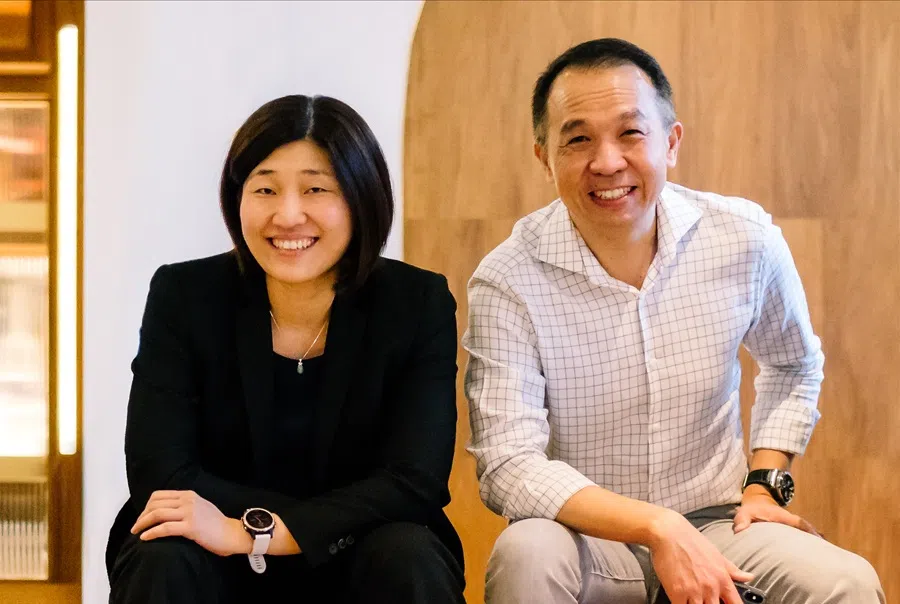
Against this backdrop, the role of investors has become even more important. “Our team needs to run faster than the entrepreneurs to keep pace,” Lee said.
Mentor and friend to entrepreneurs
In the entrepreneurs’ eyes, Lee is a true mentor and friend. Benedict Lim, founder and CEO of Oatside, said, “Jenny has a big network in Asia and a profound understanding of the macro-environment, as well as sharp business acumen and wisdom, and is a great help to our development.
“Most importantly, every time we need help, she is always available, and does all she can to support us.”
Jixun Foo, senior managing partner at Granite Asia, described Lee as “the companion who is always by the side of the entrepreneur”. He said, “In the 20 over years of working with Jenny, she has listened patiently to the problems of entrepreneurs on countless occasions, and then used her experience and wisdom to encourage and support them to continue moving forwards.”
This article was first published in Lianhe Zaobao as “风险创投人李宏玮 不怕失败不畏惧独行 丢我在孤岛也能存活”.
